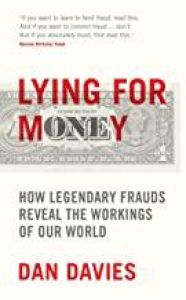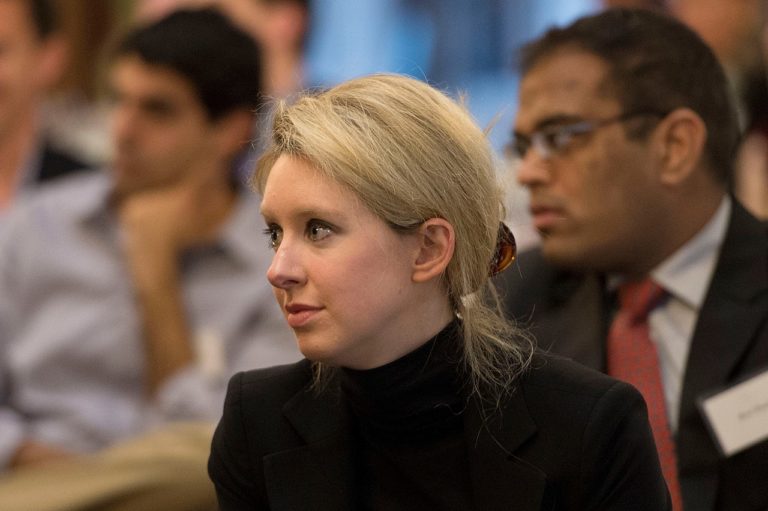Únase a getAbstract para acceder al resumen.

Únase a getAbstract para acceder al resumen.
Dan Davies
Lying for Money
How Legendary Frauds Reveal the Workings of Our World
Profile Books, 2019
¿De qué se trata?
A knowledgeable expert provides an anthology about global fraud that also acts as a warning.
Recommendation
Dan Davies, a former Bank of England regulatory economist, offers an in-depth portrayal of fraud and its effects on the global economy. Using contemporary and historical case studies, he delves into commercial fraud, translating its complexities into understandable terms and providing insights into white-collar crime. He details intricate schemes that have entrapped investors and firms in the United States and Europe. Davies asserts that the skills required to manage a legitimate commercial operation mirror those that financial criminals use to deceive. His creative depiction of the intricacies of fiscal crimes adds up to a fascinating reference manual on how to spot fraud.
Summary
About the Author
Dan Davies is a former Bank of England regulatory economist and investment bank analyst.


















Comment on this summary